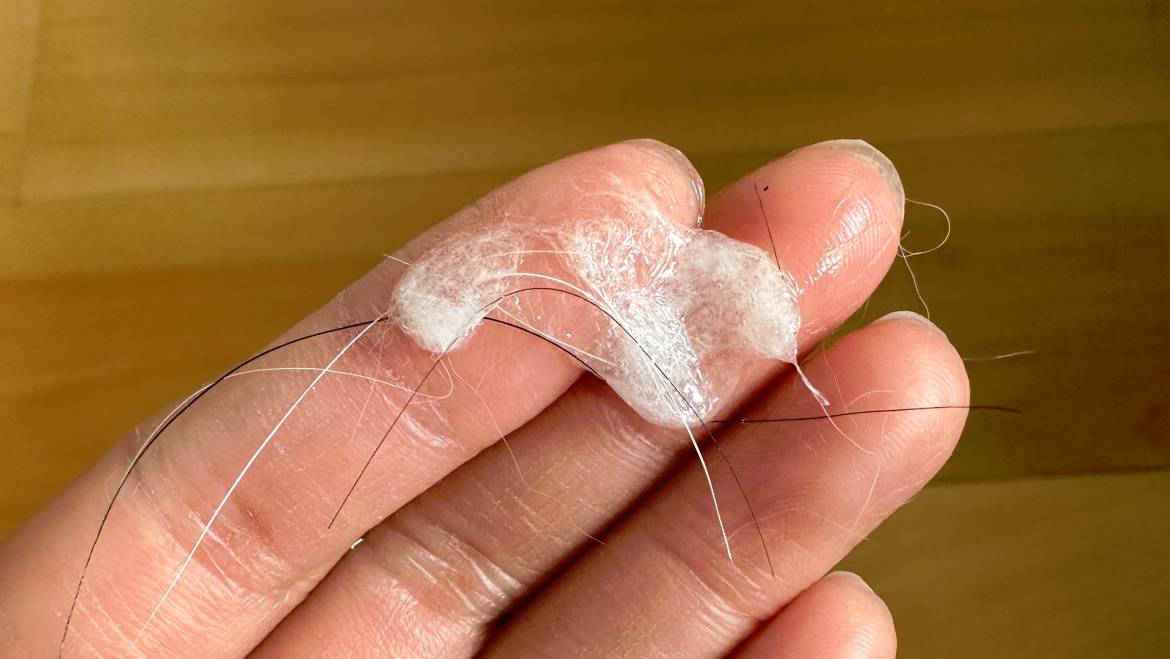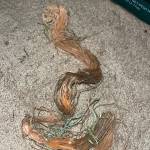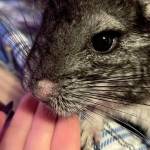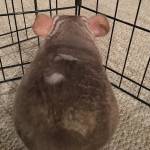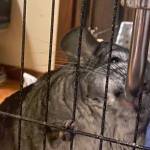Chinchillas are popular pets that are loved for their playful personalities and soft, dense coats. As a chinchilla owner, it’s crucial to be aware of the potential health issues that can affect your furry friend, including hairballs. Hairballs are a common condition in cats, but they can also occur in chinchillas. In this article, we’ll explore whether chinchillas can get hairballs, the symptoms, risk factors, and prevention measures to keep your chinchilla healthy and happy.
What are Hairballs?
Hairballs are wads of fur that form in an animal’s stomach due to excessive grooming or shedding. When an animal grooms itself, it swallows some of its fur, which accumulates in the stomach over time. In small amounts, this fur passes through the digestive system and is excreted in the feces. However, when there is an excessive amount of fur in the stomach, it can’t be expelled through the digestive system, leading to the formation of hairballs.
Can Chinchillas Get Hairballs?
Yes, chinchillas can get hairballs. However, they are less prone to hairballs than cats due to their digestive system. Chinchillas have a relatively simple digestive system, which means that their food moves through their stomach quickly, reducing the chance of hairball formation. Moreover, chinchillas are known to groom themselves less frequently than cats, which further reduces the risk of hairballs. However, it’s still important to be aware of the symptoms and risk factors related to hairballs in chinchillas.
Symptoms of Hairballs in Chinchillas
The symptoms of hairballs in chinchillas can vary depending on the severity of the condition. Some of the common symptoms include:
- Loss of appetite
- Reduced water intake
- Lethargy or lack of energy
- Constipation or diarrhea
- Weight loss
- Abdominal discomfort or pain
- Vomiting
- Hair loss
- Difficulty breathing
If you notice any of these symptoms in your chinchilla, it’s essential to seek veterinary care immediately. Hairballs can lead to severe health issues, including intestinal blockages, which can be life-threatening.
Risk Factors for Hairballs in Chinchillas
Some of the common risk factors for hairballs in chinchillas include:
- Lack of fiber in the diet
- Over-grooming
- Poor dental health
- Stress or anxiety
- Seasonal shedding
- Lack of exercise
- Environmental factors (dusty environment, poor ventilation)
Prevention Measures for Hairballs in Chinchillas
There are several preventive measures that chinchilla owners can take to reduce the risk of hairballs, including:
- Provide a High-Fiber Diet: A diet high in fiber can help prevent hairballs by promoting healthy digestion and reducing the amount of hair that accumulates in the stomach. Hay is an excellent source of fiber and should make up the majority of a chinchilla’s diet.
- Offer Chew Toys: Chinchillas love to chew, and providing them with safe chew toys can help reduce the amount of fur they swallow while grooming.
- Groom Your Chinchilla Regularly: Regular grooming can help reduce shedding and the amount of fur your chinchilla ingests while grooming itself.
- Maintain Good Dental Health: Dental issues can lead to over-grooming and an increased risk of hairballs. Ensure your chinchilla’s teeth are healthy by providing them with chew toys and regular dental checkups.
- Reduce Stress: Stress can lead to over-grooming, which increases the risk of hairballs. Ensure your chinchilla’s environment is comfortable, with plenty of hiding places and adequate ventilation.
- Exercise: Exercise is essential for maintaining a healthy digestive system and reducing the risk of hairballs. Provide your chinchilla with ample opportunity to run, jump, and play in a safe environment.
While chinchillas are not as prone to hairballs as cats, it’s still essential to be aware of the risk factors and symptoms associated with this condition. Chinchilla owners can take several preventive measures, such as providing a high-fiber diet, regular grooming, and exercise, to reduce the risk of hairballs. It’s essential to seek veterinary care immediately if you notice any symptoms of hairballs in your chinchilla. With proper care and attention, you can keep your chinchilla healthy and happy for years to come.

